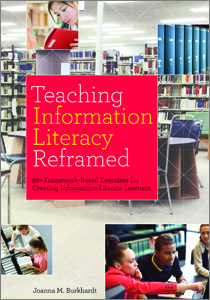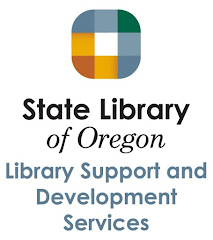Description
Web-scale discovery systems are often only as good as the metadata put into them. This book offers an overview of the issues and strategies for managing metadata both within, across, and outside, library discovery tools, including tips for converting your library metadata to linked open data that all systems can access.
Table of Contents
1. Introduction: the landscape of web-scale discovery - Louise F. Spiteri
2. Sharing metadata across discovery systems - Angela Kroeger, Marshall Breeding, and Heather Moulaison Sandy
3. Managing linked open data across discovery systems - Ali Shiri and Danoosh Davoodi
4. Redefining library resources in discovery systems - Christine DeZelar-Tiedman
5. Managing volume in discovery systems - Aaron Tay
6. Managing outsourced metadata in discovery systems - Laurel Tarulli
7. Managing user-generated metadata in discovery systems - Louise F. Spiteri



